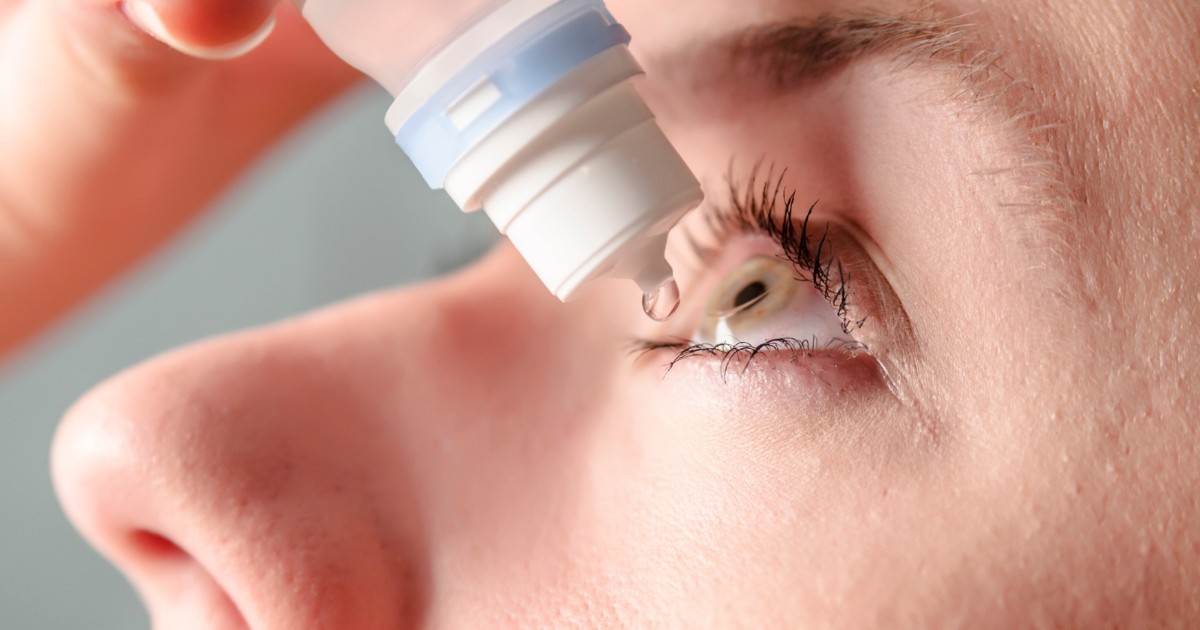It comes from a simple eye drops the danger of a new outbreak that worries the United States. These are some cases of eye infection caused by drug-resistant bacteria Pseudomonas aeruginosa. This was reported on March 14 by the Centers for Diseases Control and Prevention (Cdc) who opened a task force with the Food and Drug Administration (Fda) and state and local health departments to monitor the issue. To date, US health authorities have reported three people dead, 8 patients with vision loss and 4 eyeball removal, 68 patients in 16 states affected by the rare strain of P. aeruginosa. Eye drops are products that can be easily purchased in pharmacies and supermarkets by people who suffer from dry eyes. Laboratory tests identifying infections were performed from May 2022 to February 2023. Most patients reported using artificial tears, bringing back over 10 different brands, which were immediately withdrawn from the market. The most frequent packages identified were produced by EzriCare e Delsam Pharma. The carbapenem-resistant Pseudomonas aeruginosa outbreak strain had never been reported in the US prior to this outbreak, and health authorities in the US are urging patients who have noticed symptoms of an eye infection after using artificial tears to contact them immediately. the doctor. Among the known symptoms the CDC described “yellow, green, or clear discharge; eye pain or discomfort; redness of the eye or eyelid; increased sensitivity to light; and blurred vision”. Pseudomonas aeruginosa is one of eight pathogens also under surveillance in Italia by the Istituto Superiore della Sanità to monitor the high percentages of resistance to the main classes of antibiotics. Italy has implemented a national law enforcement strategy to reduce the incidence and impact of antibiotic-resistant infections, such as the new National Plan to Combat Antibiotic-Resistance (PNCAR) 2022-2025. The Plan ranges from training health care workers on handwashing to recommendations on the use of antibiotics to facilitate appropriate use.
Previous Article
“Smokers’ clothes are as toxic as their cigarettes, especially for children. But the worst are the contaminated surfaces of the house and cars”

